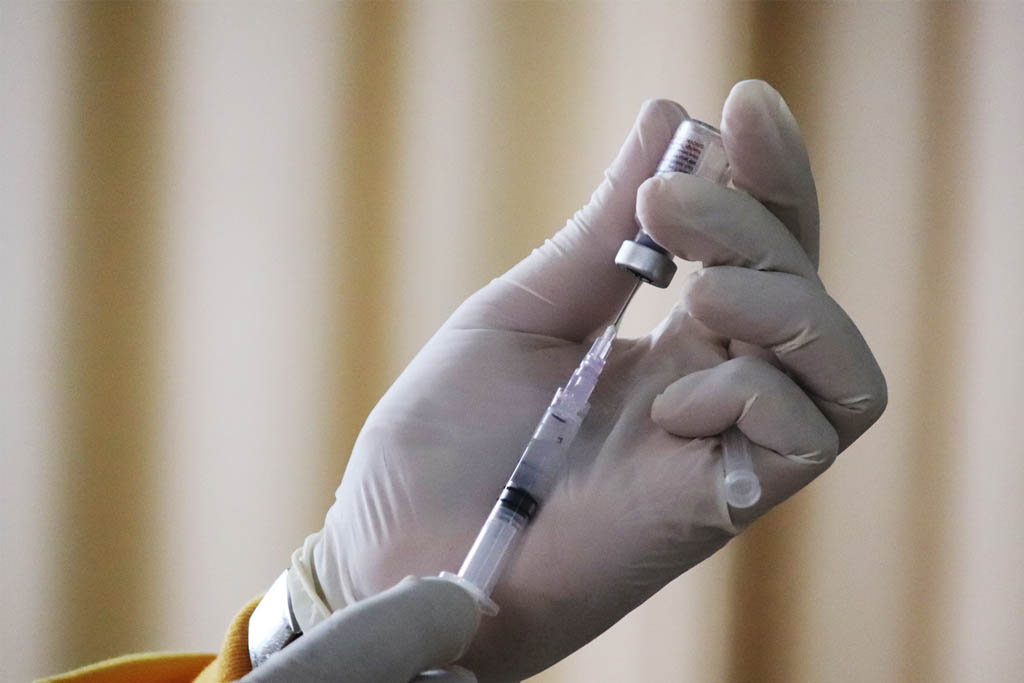Advancements In Biology: The Future Of Vaccine Development

Advancements in biology have had a major impact on our lives. Whether it is the development of new vaccines or a deeper understanding of how cells work, we can see the contributions of biology to society. COVID-19 sparked a wave of advancements in biology and immunology – mainly in vaccine development. Here are three major aspects of vaccine development and how they were different for COVID-19 and what the future looks like for each.
VaccineSpeed to Market, Access, and Safety
According to research in Nature Magazine, it takes five to 10 years to develop a vaccine for an infectious agent using a traditional research-and-development pipeline. This timeline is not favorable when a new pathogen emerges during an epidemic. It’s also why vaccine development for COVID-19 is considered exceptional. The research-and-development timeline for COVID-19, beginning with the first SARS-CoV-2 viral sequenced to interim analyses of the vaccine efficacy trials, was less than a year.
As COVID-19 spread throughout the world, scientists were under intense pressure to develop a new vaccine rapidly. Prior to 2020, the fastest a vaccine was developed was the four years it took for approval of the mumps vaccine in the 1960s. McKinsey & Company identified the main factors that contributed to why COVID-19 vaccine development surpassed the norm:
- an acceleration of regulatory processes and interactions,
- critical information about the disease was quickly made available to the scientific community,
- technology-enabled advancements, including messenger RNA (mRNA),
- companies involved in vaccine development made significant investments of time, resources, and money, and
- innovation in clinical-trial operations (e.g., developers identified emerging hot spots using epidemiological models and opened clinical sites in those locations).
The Future
McKinsey further explained that the actions taken during the COVID-19 crisis offer lessons for the pharmaceutical industry. Even in non-crisis situations, reducing the timeline to bring life-saving treatments to market will likely be a major objective for many vaccine developers from here forward.
Developing Deeper Immunological Understanding
Researchers are now looking at how vaccines that create more T cells against the virus that causes COVID-19 could help prevent illness from variants.
The adaptive immune system, also known as acquired immunity, relies on specific antigens to produce an immune response. It is activated by exposure to pathogens, using immune memory to recognize and protect against previously encountered pathogens. This differs from the innate immune system, which is the body’s first-line defense to fight general threats at all times. The major cell types of adaptive immunity are T cells and B cells.
T cells, also called T lymphocytes, use past interactions to recognize specific threats and attack them. This is significant to understanding the body’s defense against COVID-19. A study published in the journal Cell revealed that individuals who contracted COVID-19, including those with mild and severe cases, generated strong memory T cell responses even in the absence of antibodies.
In a recent development, researchers created a test that can measure T cells to assess COVID-19 immunity and provide results in less than 24 hours. The test uses a person’s blood sample and mixes it with material from the SARS-CoV-2 virus. If T cells specific to SARS-CoV-2 are present in the blood, a reaction will occur and produce a substance that can be detected via polymerase chain reaction (PCR) technology.
The Future
T-cell testing provides some clarity on whether someone has had COVID-19. It may help inform future public health and vaccination strategies by defining how long protection lasts and how often boosters are needed.
Vaccine Delivery & Accessibility
The world’s poorest communities lack the resources and infrastructure to adequately vaccinate. Thus, global accessibility is a major priority for the next generation of vaccines.
One of the major barriers to the widespread distribution of first-generation COVID-19 vaccines is the cold-storage requirements. Another challenge is the need for trained individuals to administer the vaccine by injection. These types of obstacles have prompted researchers to develop vaccines that not only have less-stringent storage requirements, but can also be administered in different ways.
An example is a microneedle patch that delivers a COVID-19 DNA vaccine into the skin. The patch can also be stored at room temperature for more than 30 days.
The Future
Meanwhile, the rise of COVID-19 variants is a concern that has many companies seeking ways to stay on top of the ever-evolving virus. Their aim is to develop a future-proof vaccine that increases global preparedness. This underscores the profound way COVID-19 has motivated researchers to advance vaccine development further, possibly preventing pandemics in the future.
Biology Opens Up a World of Possibilities
If you are interested in a career in medicine, biomedical research, biotechnology, or pharmacy, choose John Carroll University’s BS in Biology undergraduate program, which offers broad study in Cell and Molecular Biology. In this Biology degree program, you will develop laboratory skills through relevant courses including Immunology.
JCU is a private Jesuit university located in University Heights, Ohio, near Cleveland.
